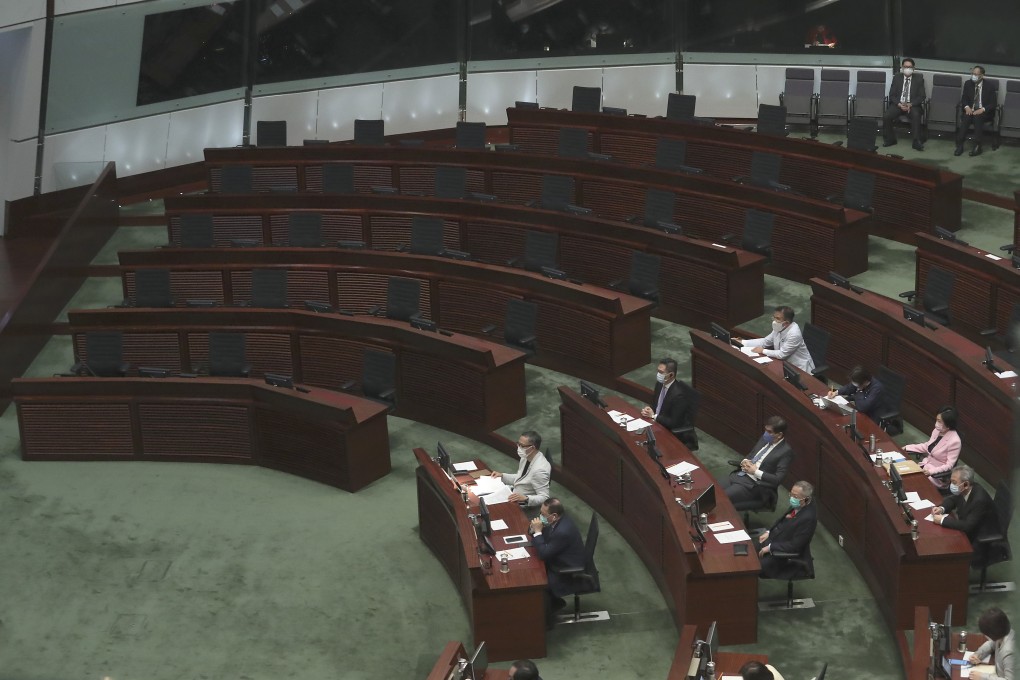Advertisement
Letters | How Hong Kong legislators can help city heal rift with the youth
- Legislators’ effusive praise for the chief executive’s policy address did not accurately reflect public dissatisfaction with the annual blueprint
- Lawmakers should communicate with the youth to improve policymaking and restore confidence in Legco
Reading Time:2 minutes
Why you can trust SCMP
1

Chief Executive Carrie Lam Cheng Yuet-ngor’s policy address focused on a series of long-term policies as solutions to Hong Kong’s land shortage and to boost employment in the hope of rebuilding social confidence. Yet, other key areas that have been the focus of heated debate, including youth development, industry advancement, health care and education, were not exhaustively responded to and acted upon in the address.
Only about 40 per cent of those surveyed by the Hong Kong Research Association approved of this year’s policy address, while 30 per cent were even dissatisfied with this annual showcase of the government’s blueprint for the city’s development.
However, the response of the lawmakers, it is mainly the pro-establishment camp that now remains in the Legislative Council, did not reflect the views of the general public. Praise like “7 million citizens support the government”, the policy address focused on “fixing the crux of social disputes” and “showed the city’s prospects” – implied it was nothing short of perfection. Other epithets hailed the address as “comprehensive” and “visionary” and Lam as “superwoman”.
Advertisement
This only tragically adds weight to the public criticism that a Legco dominated by the pro-establishment camp is simply a rubber stamp, especially at this critical time when only the provision of innovative policy advice and assertive questioning would enable the government to make progress.

04:47
Hong Kong leader Carrie Lam delivers 2020 policy address
Hong Kong leader Carrie Lam delivers 2020 policy address
The remaining legislators should discharge their responsibility not only to the government, which they support, but also to the general public, who elected them, by taking on effective advice and ideas from the city’s youth.
Advertisement
Advertisement
Select Voice
Choose your listening speed
Get through articles 2x faster
1.25x
250 WPM
Slow
Average
Fast
1.25x